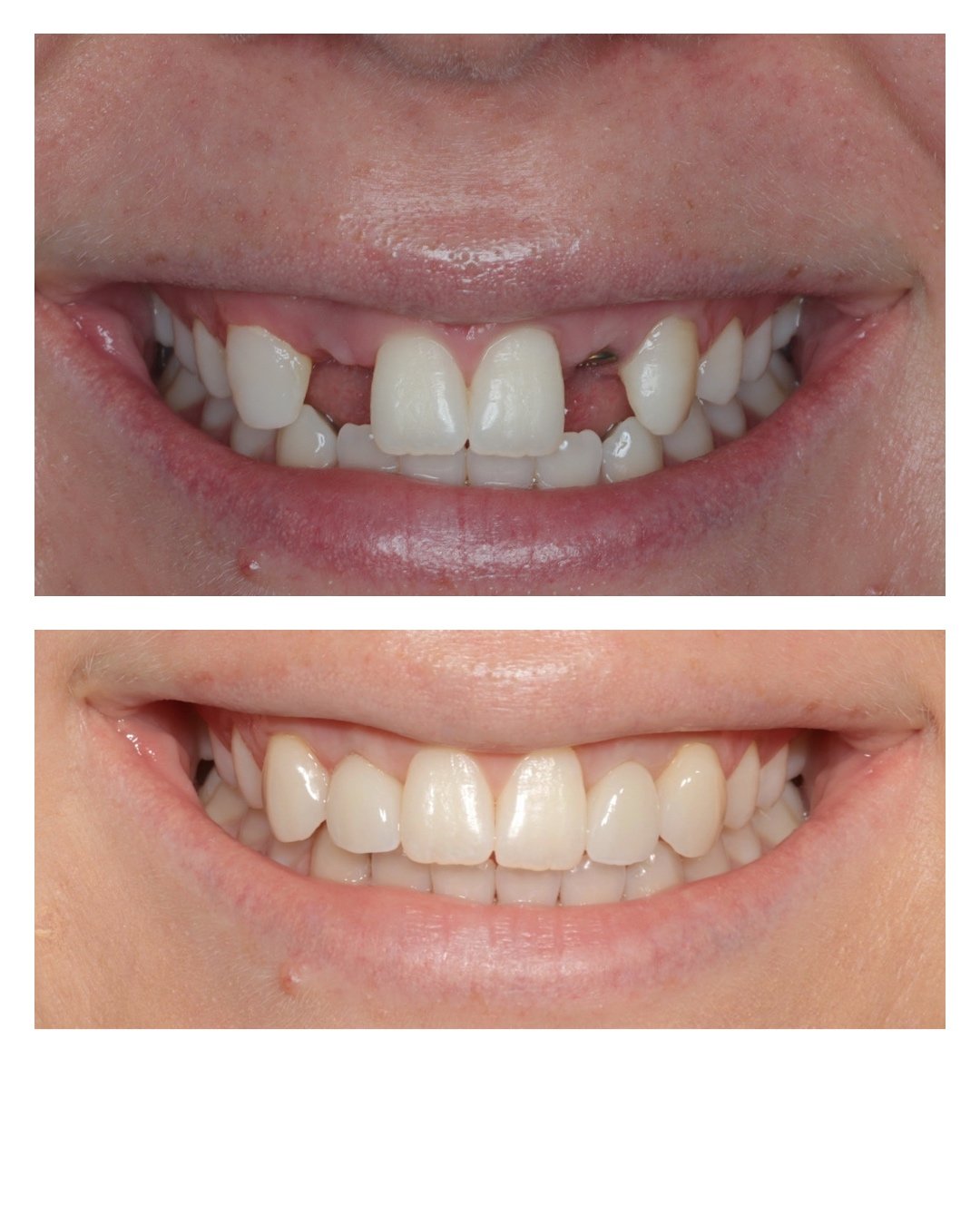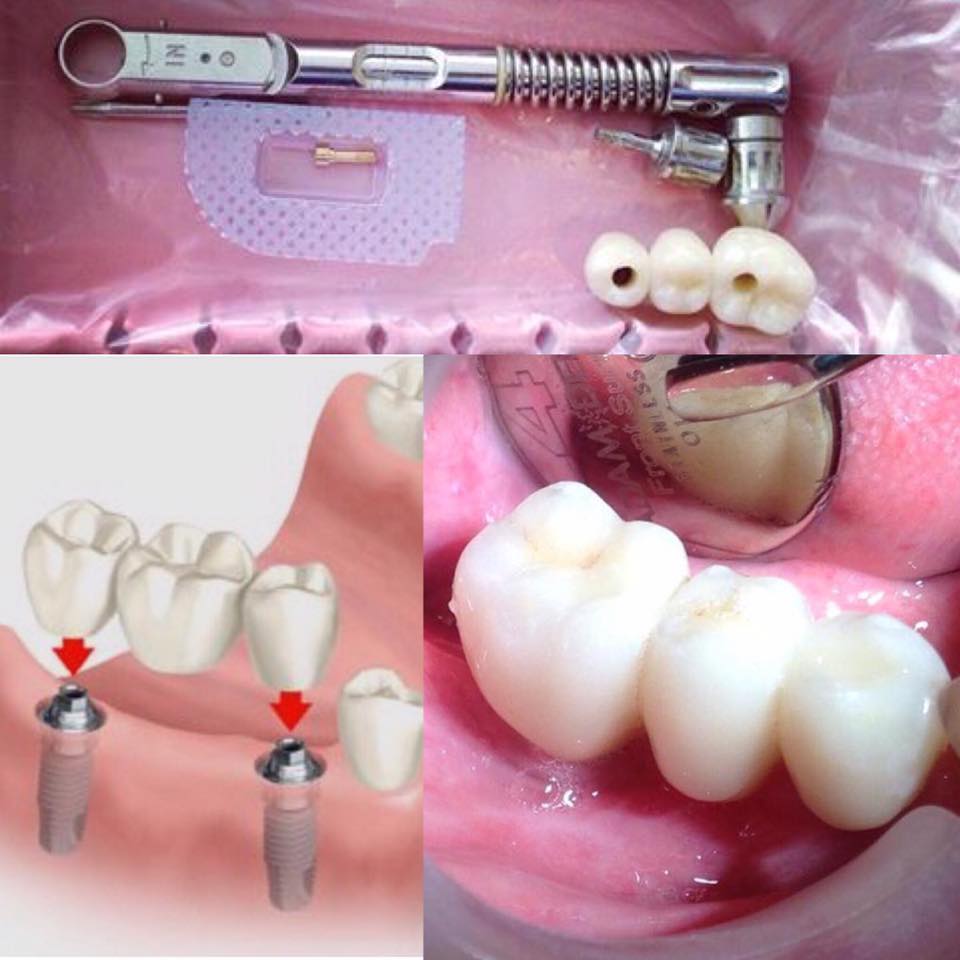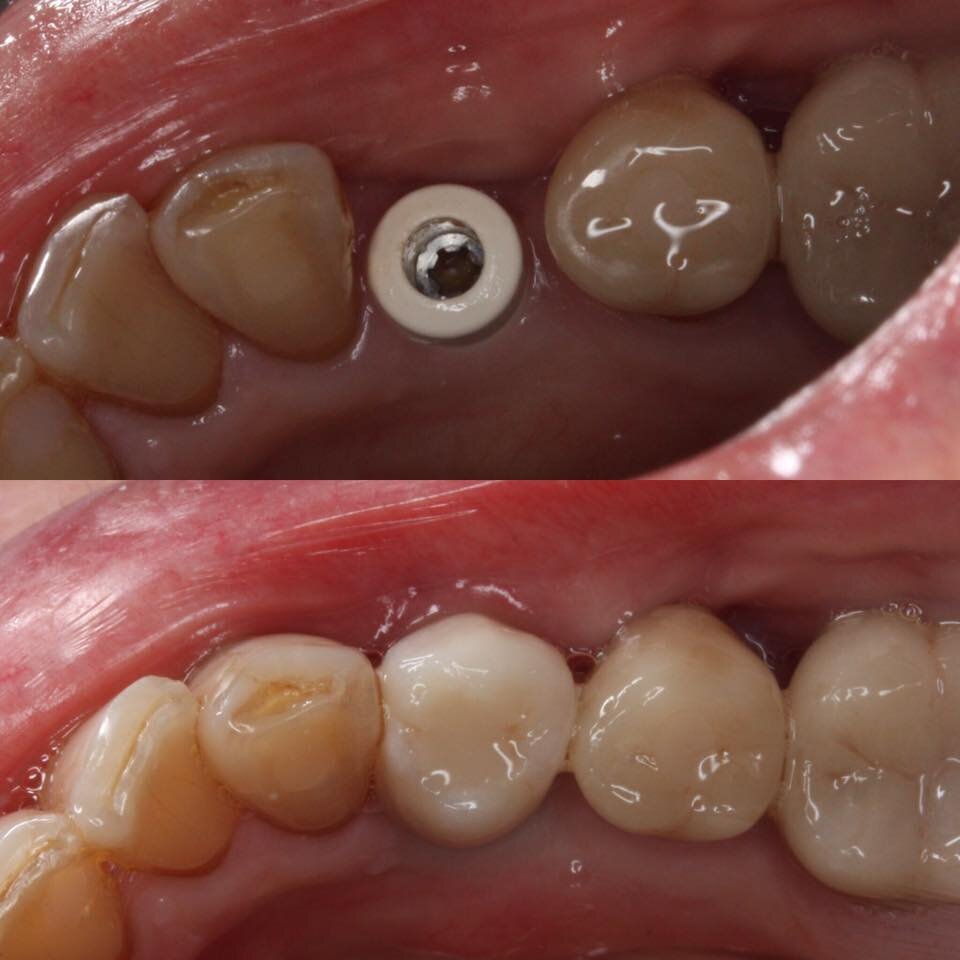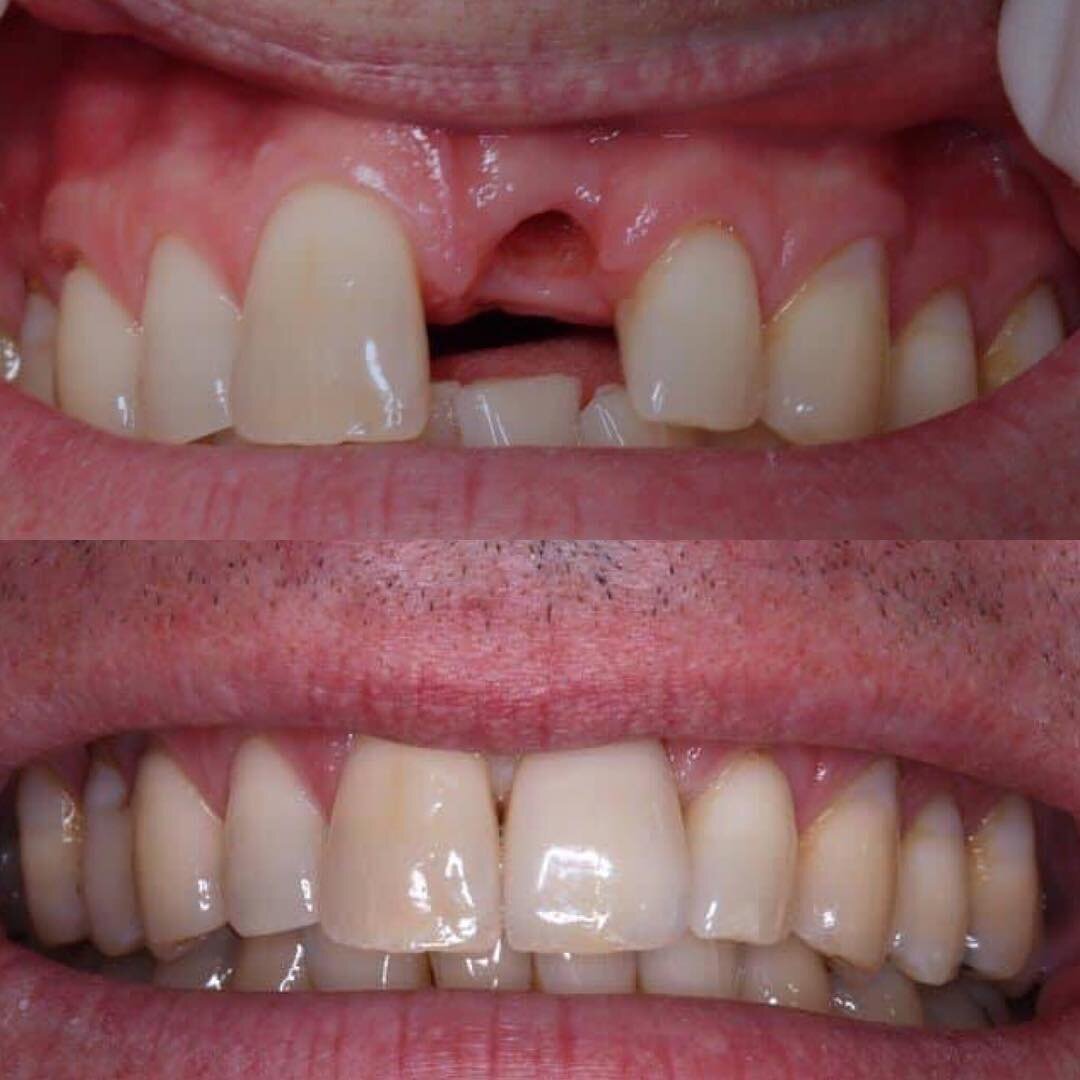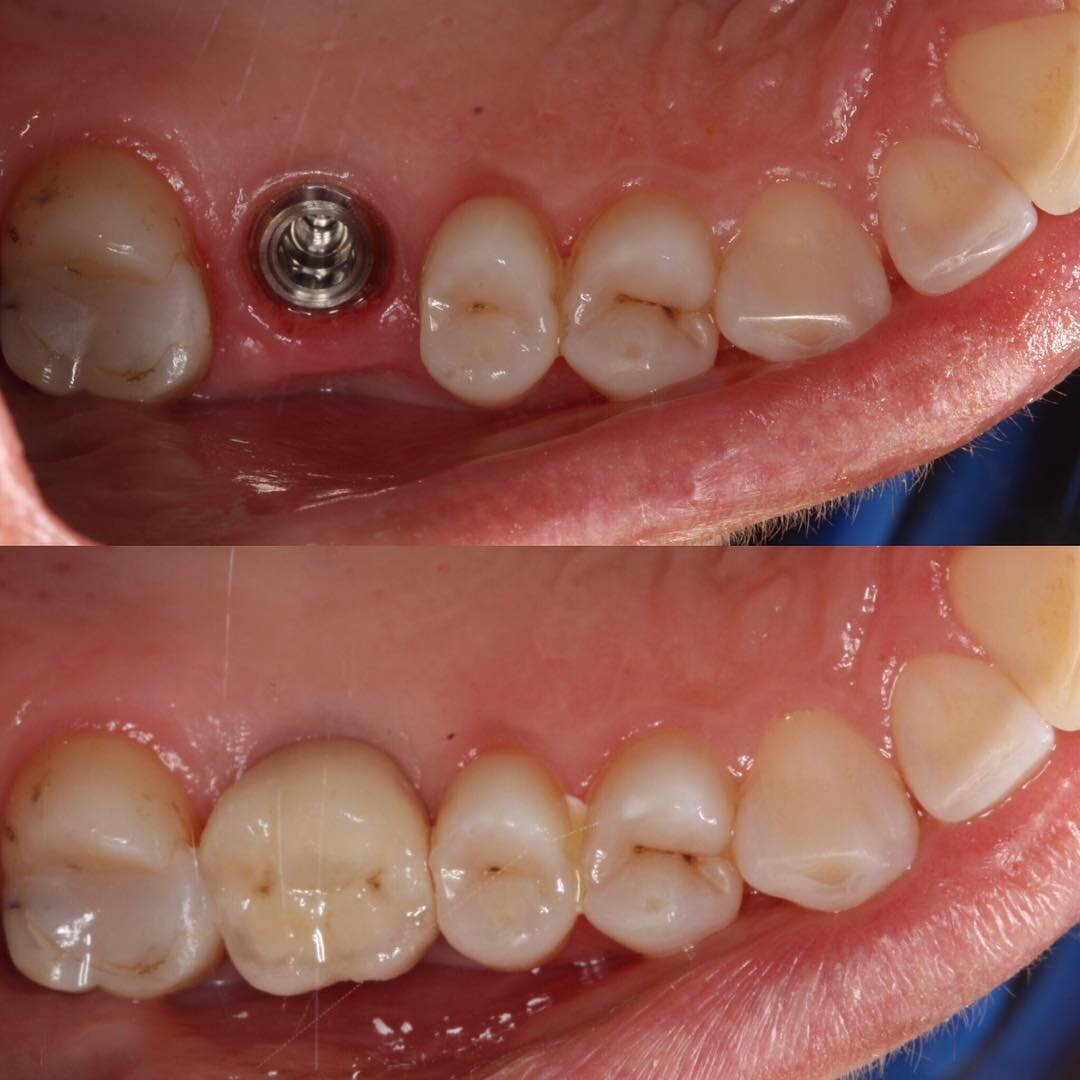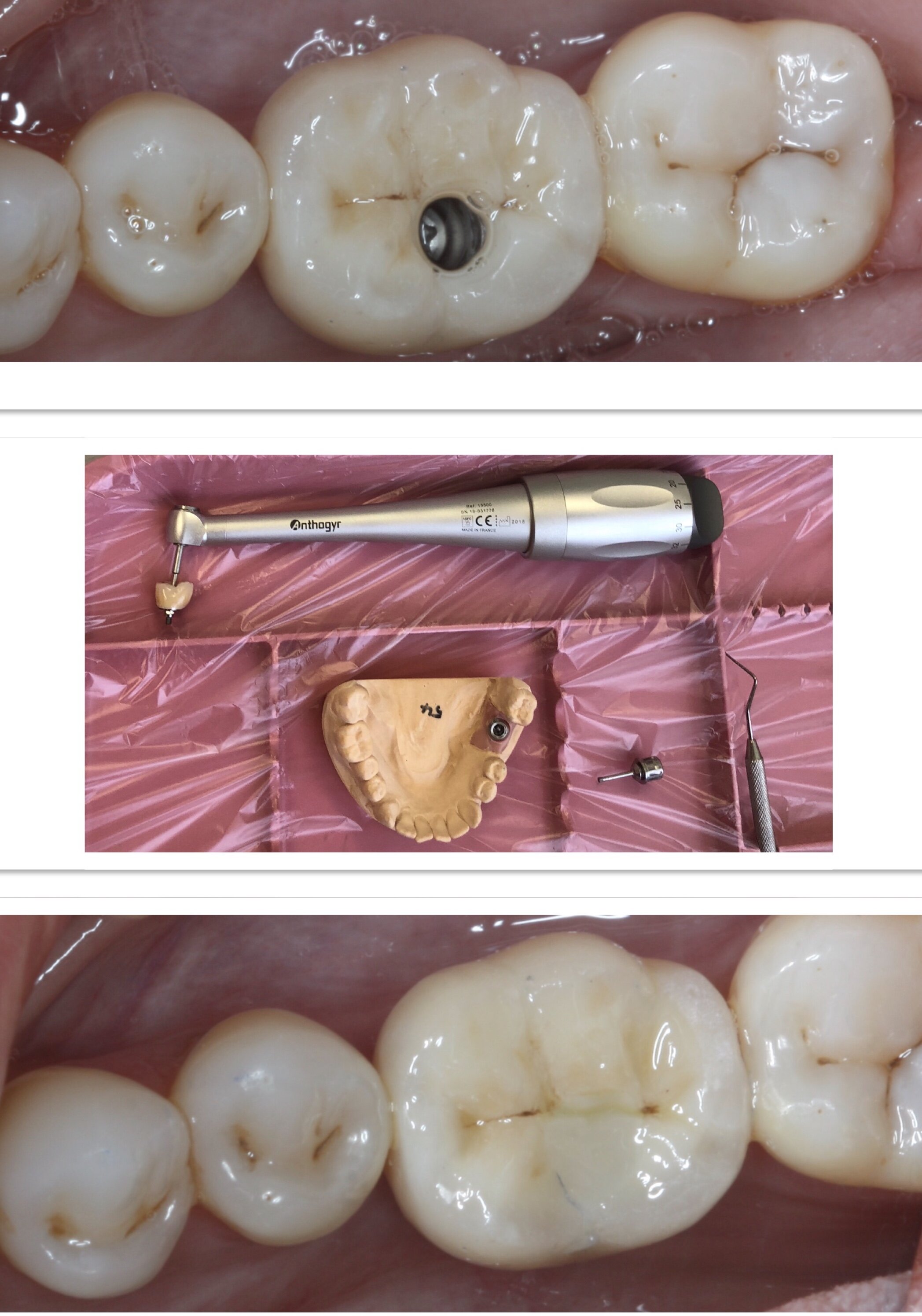Tranforming smiles.
Restoring Function.
Replacing Missing Teeth.
Dental Implants in Brisbane City.
At Brisbane Smile Boutique, we offer high level dental implant services, including single-tooth and multiple teeth implants. Our team combines precision planning, cutting-edge digital diagnostics and boutique care to restore smiles with lasting results.
Restore Your Smile with Confidence and Comfort
Missing teeth can affect more than just your smile — they can impact how you eat, speak, and feel about your appearance. At Brisbane Smile Boutique, we offer state-of-the-art dental implant solutions to restore both the function and beauty of your smile with long-lasting, natural-looking results.
What Are Dental Implants?
A dental implant is a small, biocompatible titanium or ceramic post that replaces the root of a missing tooth. It integrates naturally with your jawbone through a process called osseointegration, creating a strong foundation for a custom-made crown, bridge, or denture.
Dental implants look, feel, and function just like real teeth — allowing you to smile, chew, and speak with confidence again.
Why Choose Dental Implants?
Dental implants are considered the gold standard for tooth replacement because they restore strength, stability, and aesthetics — all in one treatment.
Benefits of Dental Implants
Permanent and durable – designed to last for many years with proper care
Natural appearance – crafted to blend seamlessly with your existing teeth
Improved function – eat and speak comfortably without slipping or movement
Bone preservation – helps prevent jawbone loss and facial collapse
No impact on neighbouring teeth – unlike traditional bridges
Confidence restored – enjoy your smile again without worry
The Dental Implant Process at Brisbane Smile Boutique
We understand that every smile is unique. That’s why we take a personalised, gentle approach to implant treatment — using the latest digital planning technology for precise, predictable results.
Step 1 – Comprehensive Consultation
Your journey begins with a thorough assessment, including 3D scans and x-rays to evaluate bone quality and overall oral health. We’ll discuss your goals, explain all options, and design a tailored treatment plan.
Step 2 – Implant Placement
The dental implant is placed into the jawbone in a precise, minimally invasive procedure performed under local anaesthetic. Most patients report minimal discomfort, and our experienced clinicians ensure your comfort every step of the way.
Step 3 – Healing and Integration
Over the next few months, the implant gently fuses with your bone — forming a stable base for your new tooth. During this time, a temporary restoration may be used to maintain your smile’s appearance.
Step 4 – Final Restoration
Once the implant has fully integrated, a custom-made crown, bridge, or denture is securely attached. The result: a fully functional, natural-looking smile that feels just like your own teeth.
Are Dental Implants Right for You?
You may be a great candidate for dental implants if you:
Have one or more missing teeth
Have healthy gums and good oral hygiene
Have sufficient jawbone volume (or are suitable for bone grafting)
Want a long-term, fixed replacement solution instead of removable dentures
Our team will assess your oral health and bone density to determine whether implants are the most suitable option for you, and discuss any preparatory steps if needed.
Brisbane Smile Boutique has been redefining Aesthetic Dentistry since 2003.
With a Lifetime of trusted Expertise, our Aesthetic Dentists create Exceptional Smiles with Precision, Artistry, and Care.
We combine advanced implant technology with genuine, personalised care to deliver exceptional, lasting results.
✨ Our difference:
Digital implant planning and 3D imaging for precision
Gentle, minimally invasive techniques
Natural-looking results tailored to your facial features
Highly experienced clinicians in implant and restorative dentistry
Comprehensive care from planning to final restoration
At Brisbane Smile Boutique, our goal is to help you rediscover the confidence and comfort that comes with a healthy, complete smile.
-
Replace missing or failing teeth with strong, natural-looking restorations
Preserve jawbone structure and facial harmony
Restore function and confidence in eating, smiling and speaking
Long-lasting and biocompatible solution for tooth loss
-
Looking to restore your smile with dental implants? At Brisbane Smile Boutique, we offer a complimentary consultation to help you explore the best options for replacing missing teeth. Our expert team will guide you through the process, answer all your questions, and create a personalized treatment plan tailored to your needs. Book your consult today and take the first step towards a confident, beautiful smile!
-
At Brisbane Smile Boutique, our dental implant process is simple and effective, designed for your comfort and long-term results. It starts with a thorough consultation, where we assess your oral health and discuss your goals. Then, we place the implant in a precise and minimally invasive procedure. Over the next few months, the implant fuses with your bone, providing a strong foundation. Finally, we attach a custom-made crown, giving you a natural, functional smile that lasts. Your journey to a confident smile begins here!
FAQs
-
Healing time for a dental implant typically takes 3 to 6 months, allowing the implant to fuse with the bone (a process called osseointegration) before placing the final crown.
-
The cost of a dental implant at Brisbane Smile Boutique is approximately $6,000, which includes implant fixture placement, testing, 3D scans, work by a master ceramist, and final crown placement using top brands like Straumann and Neoss.
-
Yes, you can often still get dental implants with bone loss. In some cases, treatment may involve a periodontist and procedures like bone grafting to ensure a stable foundation for the implant.
-
Dental implants are highly durable and can last 15 years to a lifetime with proper care, including good oral hygiene and regular dental check-ups.
-
Care for dental implants by brushing and flossing daily, just like natural teeth. Regular dental check-ups and professional cleans every 6 months are essential to maintain implant health and prevent complications.
-
Yes, dental implants can fail, though it's uncommon. Failure rates are low—typically around 2–5%—and are often linked to factors like poor oral hygiene, smoking, or underlying health conditions.
Connect directly with the Brisbane Smile Boutique Team.
If you could perfect one element of your Smile, what would it be?
Share your Thoughts.
Our Dedicated Aesthetic Team at Brisbane Smile Boutique are here to Understand your Vision and would love to assist.
Ask our Dentists about your Smile with our secure Smile Portal or ask a quick question. We respect your privacy and will give you a considered Professional opinion along with an offer of a complimentary consultation.
Caring for Your Dental Implants
Caring for dental implants is much like caring for natural teeth:
Brush twice daily with a soft-bristled toothbrush
Floss or use interdental brushes around the implant crown
Maintain regular dental check-ups and professional cleans
Avoid smoking to support long-term success
With proper care, dental implants can last for 10–20 years or longer, making them one of the most durable and reliable tooth replacement options available.





